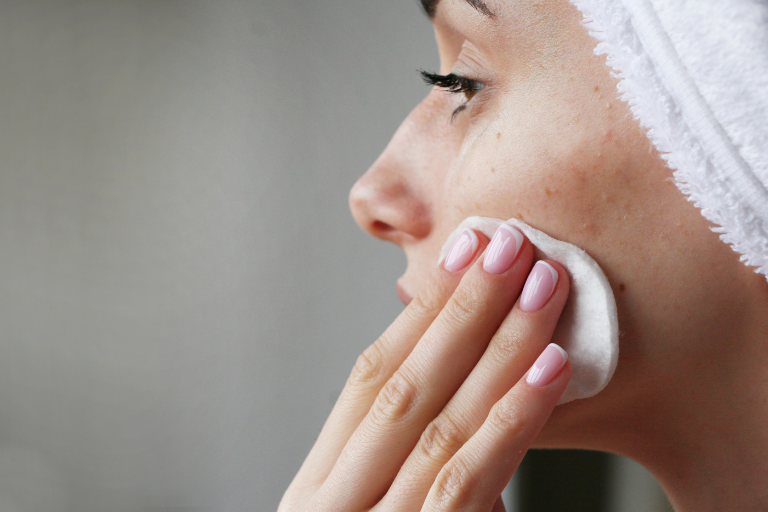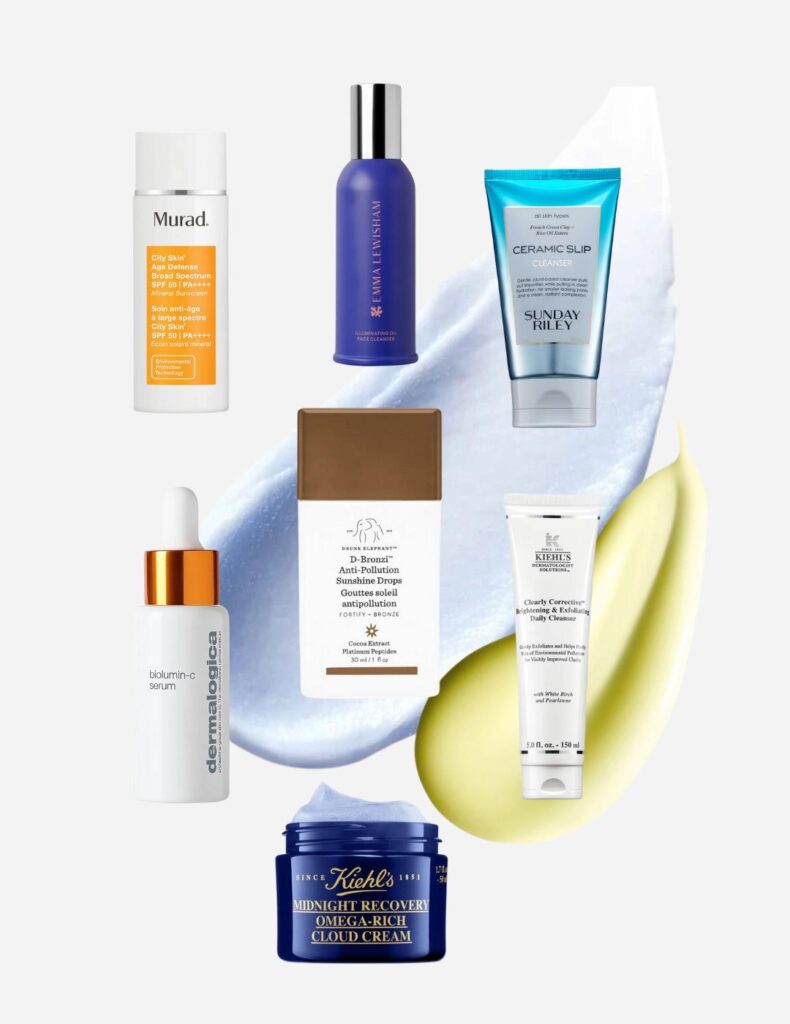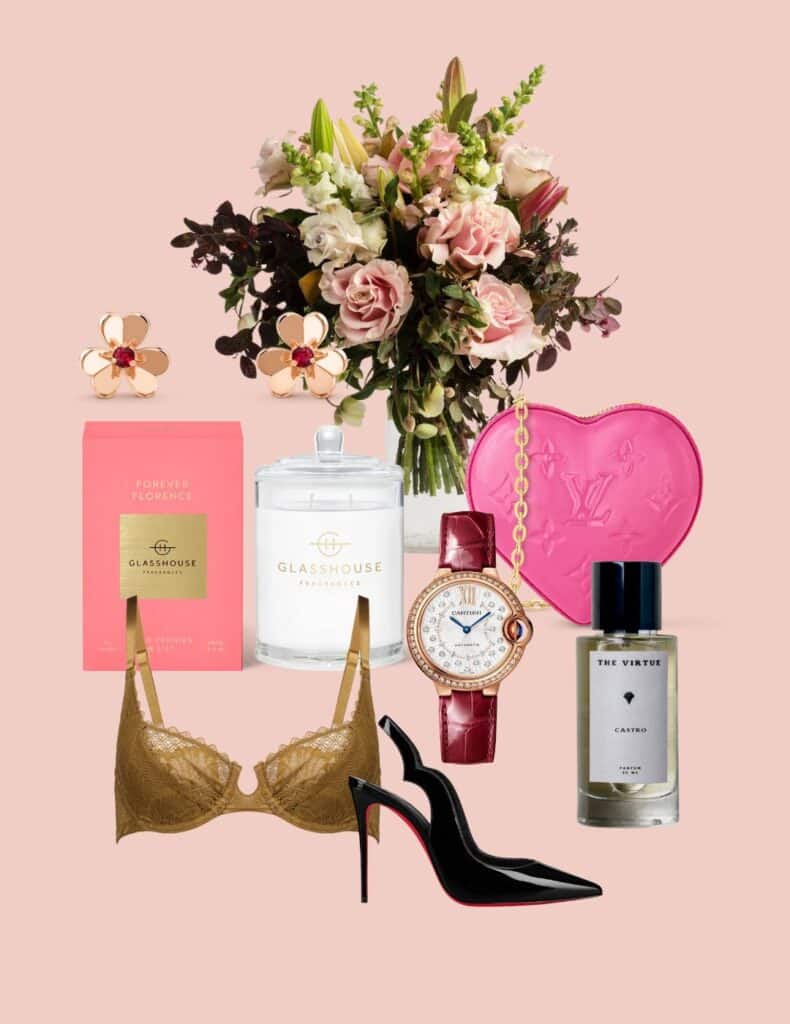
It’s a word that didn’t really exist until the global pandemic hit – now everyone knows it. Maskne or mascne is a form of skin irritation that has become a real issue for many since adopting the daily wear of face masks. So what exactly is it?
Corneotherapist Karen Black says that maskne is an ‘umbrella term for the typical adverse effects of mask usage’. “When you wear a mask, there is an increased chance of acne because of the obstruction,” she says. “It’s worth noting that maskne is a broad term for dermatitis, acne, or dryness affecting the face, including other issues such as perioral dermatitis.”
As a corneotherapist, Black works to repair and improve the skin barrier and inflamed skin. Instead of adopting a band-aid approach, Black addresses the root cause of skin issues and customises products and ingredients that mimic the skin structure in a bid to correct and restore the skin barrier. In short, she repairs the skin from the outside to make it healthier and stronger.
Black is used to dealing with a whole host of skin issues, and like many of them, when it comes to maskne, the best thing to do is a skin evaluation. “Skincare is not one-size-fits-all,” she says. “It would be best if you had a good skin assessment and were open to discussing the best approach for your individual needs. This works better than trial and error with products, as many of these issues are chronic, so you want to get it right from the start,” she says.
She adds: “When you have a cystic pimple, it is most likely not due to your mask. You could be experiencing a stressful situation in your life, are overindulging in comfort food, or experiencing a hormonal change that causes acne.”
Maskne, therefore, is often not solely caused by wearing a mask, but by many factors such as stress, lack of sleep, or lifestyle habits. So is there a quick fix? Not really. But Black has provided us with eight tips that may work to help the issue.
1. Mask choice
Wash fabric masks using unscented, hypoallergenic laundry detergent, then let them dry completely. Toss disposable masks after each use.
2. Break-up with make-up
Make-up lovers might want to take a break, or at least opt for lighter mineral foundations when wearing masks. Heavy formulations in foundations and concealers can clog up pores.
3. Un-prime
While it’s often heralded as the solution to getting your make-up to stay on longer, primers can be big pore-cloggers so it’s best to minimise usage.
4. Avoid over-cleansing
Over cleansing and scrubbing your face with anything that might irritate the skin may make maskne worse. It will also strip your essential oils and make your face dryer and flakier. Keep in mind it’s best to avoid using cleansers with preservatives, colours, fragrances, silicones, mineral oils, and frequent emulsifiers.
Try: the Dermaviduals DMS Cleansing Milk which is excellent for rebalancing and restoring hydration levels in the skin.
5. Think anti-inflammatory
Inflammation usually exacerbates maskne therefore therapies that include anti-inflammatory properties are recommended to calm it down and reduce redness. LED light treatments and enzyme treatments can both be used to target inflammation and redness.
6. Product choice
Certain products will be better for your skin than others such as Boswellia Nanoparticles (frankincense extract) which is known for its anti-inflammatory properties. Boswellia contains many essential fatty acids, beneficial for rosacea, perioral dermatitis, psoriasis, and acne inflammation. Similarly, Kiwi seed oil nanoparticles are a great source of polyunsaturated essential fatty acids and have shown anti-inflammatory properties.
7. Implement a pause
Take time to address stress levels, sleep habits, drink lots of water, and work on establishing a high-quality lifestyle which should assist with maskne.
8. See a professional
If nothing seems to be working then it’s best to consult a professional who will be able to direct you on the best way to care for your skin.










